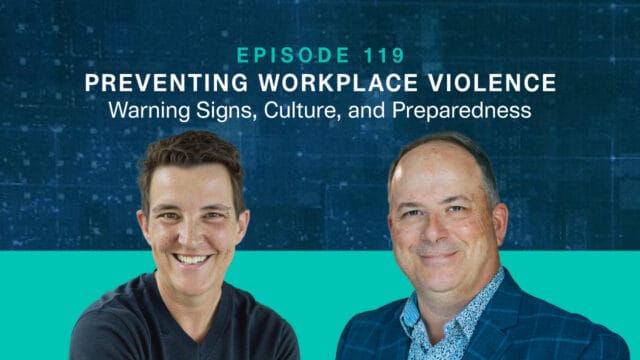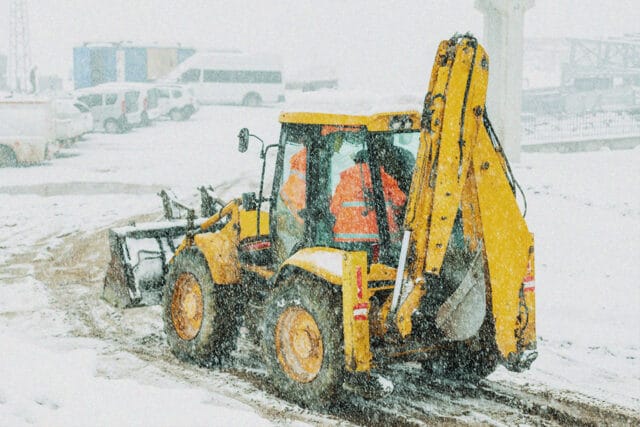
Food Safety Plan Success: Staying Compliant in a Changing Regulatory Landscape

A solid food safety plan is the foundation of any manufacturer’s compliance approach. New updates from the FDA, USDA, and OSHA are putting pressure on food and beverage companies, especially when contractors are involved. A firm food safety plan must integrate evolving protocols covering sanitation, labeling, and worker well-being.
New Regulations Affecting Contractors
FDA Updates
The FDA’s Sanitary Transportation rule, part of the Food Safety Modernization Act (FSMA), requires shippers, carriers, loaders, and receivers to use cleanable equipment, maintain temperature control, and document training and procedures since April 2017.
Additionally, FSMA mandates preventive controls, including written hazard analyses, sanitation measures, monitoring, and record-keeping. Contractors handling food contact surfaces or sanitation must follow the same standards and document compliance.
OSHA Industry Focus
OSHA has intensified inspections in food manufacturing, covering machine guarding, lockout/tagout, chemical and heat hazard controls since 2023 under its Regional Emphasis Program. The agency also issued guidance to inspect contractors on non-day shifts and enforce training in appropriate languages.
USDA Requirements
The USDA continues to enforce accurate labeling, safe handling instructions, and greater oversight of allergens. Non-compliance can lead to labeling recalls or facility shutdowns under the Federal Meat Inspection Act and Poultry Products Inspection Act (current USDA standards).
Common Contractor Compliance Pitfalls
One of the most frequent issues in food manufacturing is allowing contractors with expired certifications onto the job site. This can happen easily when tracking is manual or inconsistent.
Another common pitfall is inconsistent or incomplete safety training, especially for new hires. Contractors often arrive without receiving orientation tailored to a specific facility’s risks or regulatory requirements.
Sanitation gaps can also derail compliance, particularly under the FDA’s FSMA. Some contractors may not follow cleaning procedures correctly or forget to log sanitation tasks altogether.
Shift coverage is another blind spot. Some manufacturers pass audits on day shifts but struggle to confirm contractor compliance during evening or overnight operations.
Strengthening Your Food Safety Plan with Contractors
Incorporate contractors into your food safety plan by verifying their documents, delivering safety training, and tracking compliance before site arrival. This reduces risk and builds a consistent safety culture.
How Veriforce Helps You Stay Ahead
Veriforce’s contractor management platform tackles major pain points:
- WorkerPass (VWP): Digitally prequalify contractors. Only those with valid training and certifications arrive on-site.
- Centralized Compliance Management: Store documentation in one cloud-based system. Eliminate paperwork and reduce error risk.
- Custom Prequalification: Adapt assessments to include FSMA sanitation rules, OSHA lockout/tagout, USDA labeling, or site-specific hazards.
- Online Training & Orientation: Ensure consistent safety and sanitation instructions across the workforce. Meets OSHA language and minimum training requirements.
- Real-Time Reporting: Track compliance across all sites. Spot missing credentials or recurring issues to prevent lapses.
Real-World Benefits
Veriforce’s Food & Beverage Industry Solutions drive tangible gains:
- Enhanced Safety Culture: Digital checks mean contractors start each day correctly onboarded and oriented.
- Operational Efficiency: Systems replace manual spreadsheets. No more chasing certification renewals or data entry.
- Improved Transparency: From credentials to training logs, contractors and management easily access the same data,
- Cost Savings: Digital diligence reduces compliance gaps, avoiding delays, fines, or production interruptions.
Staying Future-Ready
From allergen labeling to environmental sanitation, expect further updates. A strong, integrated food safety plan must adapt. Contractor management solutions like Veriforce give food and beverage companies a proactive edge.
- Supports FSMA compliance with equipment, sanitation, personnel training, and documentation.
- Meets OSHA mandates across all shifts and languages, aligning with LEPs and inspections.
- Addresses USDA labeling and handling standards with role-specific prequalification and training.
Ready to Strengthen Your Food Safety Plan?
Food production lines depend on every participant, including contractors, meeting updated regulatory expectations. Veriforce’s Food & Beverage Solutions empower you to manage risk, uphold safety, and maintain compliance, all with better efficiency and cost control.
Contact us today to request a demo and see how Veriforce can help you build a robust, evolving food safety plan.




